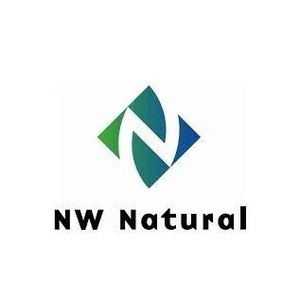NW Natural begins producing RNG at second Tyson Foods facility




May 3, 2023
BY NW Natural
NW Natural, a subsidiary of NW Natural Holding Co., and BioCarbN, a developer and operator of environmental infrastructure projects, began production at a second renewable natural gas (RNG) facility, as part of an innovative project partnership with Tyson Foods.
The facility is located in Dakota City, Nebraska, with NW Natural investing approximately $12 million to convert methane captured from the facility’s operations into RNG to heat homes and businesses. The first project began at Tyson’s Lexington, Nebraska operations in January 2022.
At full capacity, the two projects combined are expected to produce about 240,000 MMBtu of RNG each year – enough RNG to provide heat for more than 5,400 homes annually.
Advertisement
“Each project like this contributes meaningful carbon reductions on behalf of our customers and moves us toward achieving our shared climate goals,” said David H. Anderson, NW Natural president and CEO. “We’re aggressively pursuing additional opportunities, so we can increase our use of renewables over time.”
NW Natural is working toward procuring RNG equivalent to 5 percent of its Oregon sales volume in 2024 and 6% in 2025 as part of the company’s voluntary targets. These investments are made possible through the landmark RNG law, Oregon Senate Bill 98, which supports renewable energy procurement and investment by natural gas utilities.
Advertisement
RNG is produced from the breakdown of organic materials like agricultural and forestry by-products, food waste, wastewater, or landfills, and is a unique and valuable form of renewable energy. RNG can provide similar climate benefits to wind and solar, with the reliability and seasonal storage capabilities of natural gas – all while capturing, conditioning and utilizing organic material that would otherwise contribute carbon to the atmosphere.
Partners for these projects include BioCarbN, an Idaho-based developer and operator of renewable energy projects and Miron Construction Co., Inc., a Wisconsin-based design-build and construction company. These projects are also made possible through pipeline interconnections with local gas distribution systems — MidAmerican Energy in Dakota City, and Black Hills Energy in Lexington.
Upcoming Events





